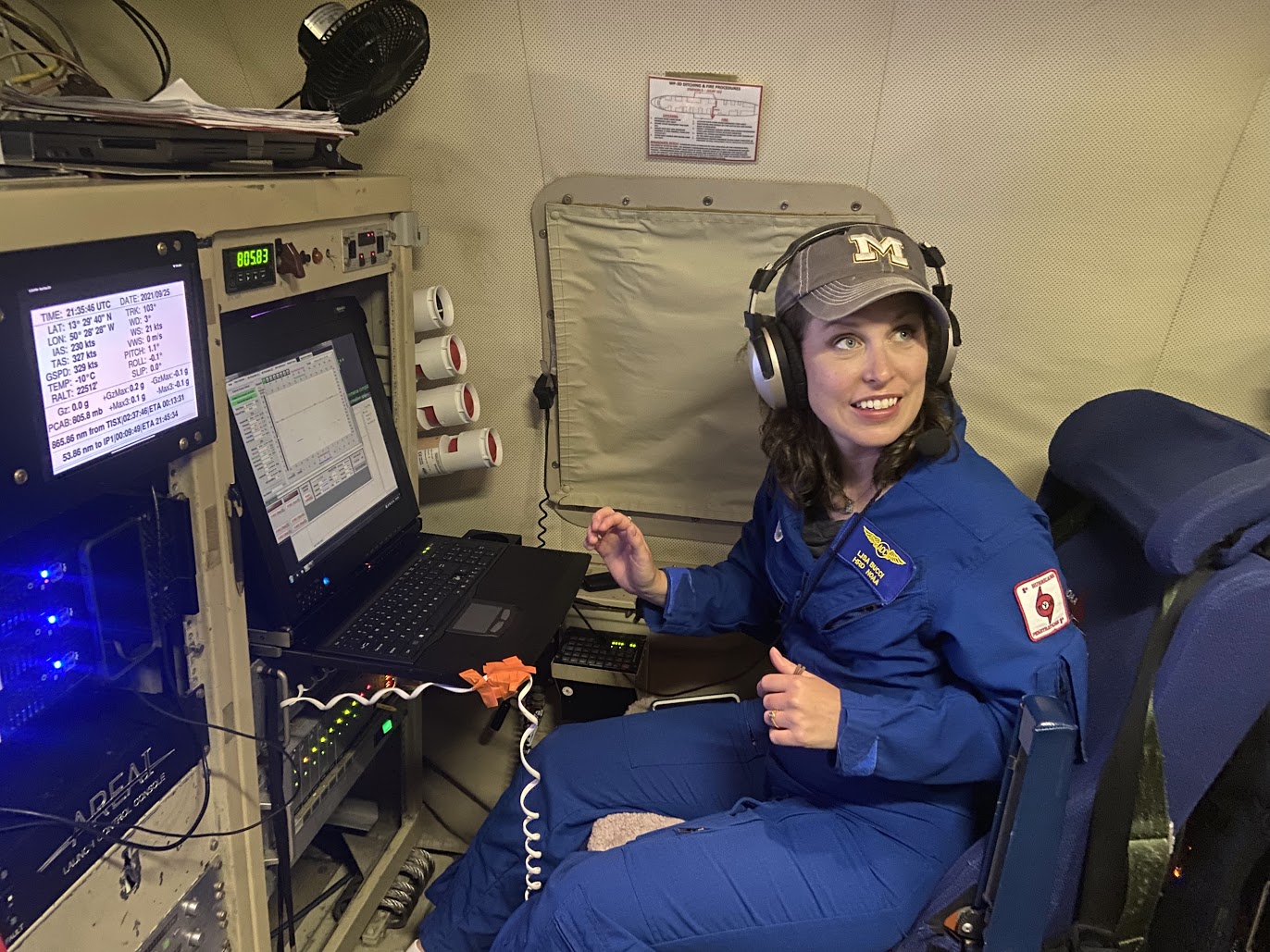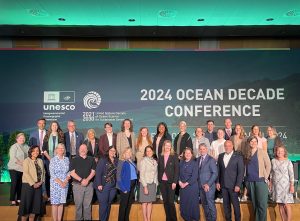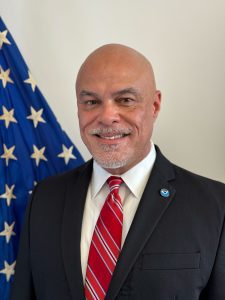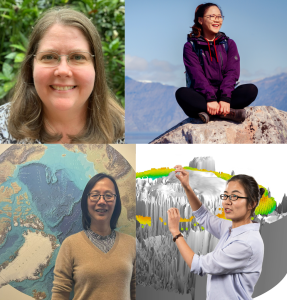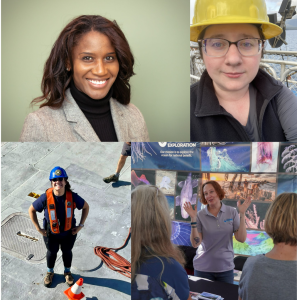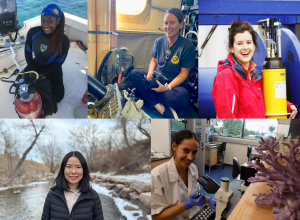Lisa Bucci works as a hurricane research scientist at NOAA’s Atlantic Oceanographic and Meteorological Laboratory’s Hurricane Research Division. Her job involves flying into hurricanes onboard NOAA Hurricane Hunter aircraft in order to gather key storm data.
What drew you to your current career or field?
My initial interest in the weather came from a lack of understanding and fear of the severe storms I experienced growing up in the Midwest. The boom of thunder would send me under the bed or into a closet. As I grew older, I wanted to understand how to forecast storms and what to do in the event of a severe outbreak in order to feel safe. This research gave me an appreciation for meteorology and my fear subsided as I learned more about the subject. When choosing a major in college, I jumped at the opportunity to formalize my interest in atmospheric sciences and ended up completing three degrees in the field!


What do you enjoy most about your work?
Field work! I love getting on NOAA’s Hurricane Hunter aircraft and flying into storms. Each storm has a unique story and teaches me something new. It reignites my passion for understanding storms, how to better observe and forecast them, and be a part of the process to help my friends and neighbors stay safe in the event of a landfalling hurricane.
Do you have a favorite moment or accomplishment in your career?
My favorite accomplishment was spearheading the successful operation and collection of data using a new wind-observing technology on the hurricane hunting aircraft, called the Doppler Wind Lidar. This was the first time the technology had offered a look into infrequently measured areas in a variety of hurricanes. We even flew it into a Category 5 Hurricane Lane in the Central Pacific! This accomplishment builds on a larger desire to use new technologies to fill in observation gaps in order to improve the understanding of processes, the structural analysis, and forecast of hurricanes.

What gives you hope, either with regard to science, your field in NOAA, or in general?
It gives me hope to see more women join the meteorological science community. At the beginning of my career, when I first began to fly in 2012, it was not uncommon for me to be the only woman on-board a hurricane mission. However, by 2018, I was part of the first all-female science crew! It has been exciting to see such growth and diversification even over a short period and I can’t wait to see it continue into the future.
What does Women’s History Month mean to you?
To me, it means we take this opportunity to celebrate and share stories. These stories have always expanded my concept of what is possible and available to women in all fields. It gives me ideas of how to handle challenges and not be afraid to be myself while doing a job that I love. This month is a time to encourage and inspire women to try something new and build your ideal career.
